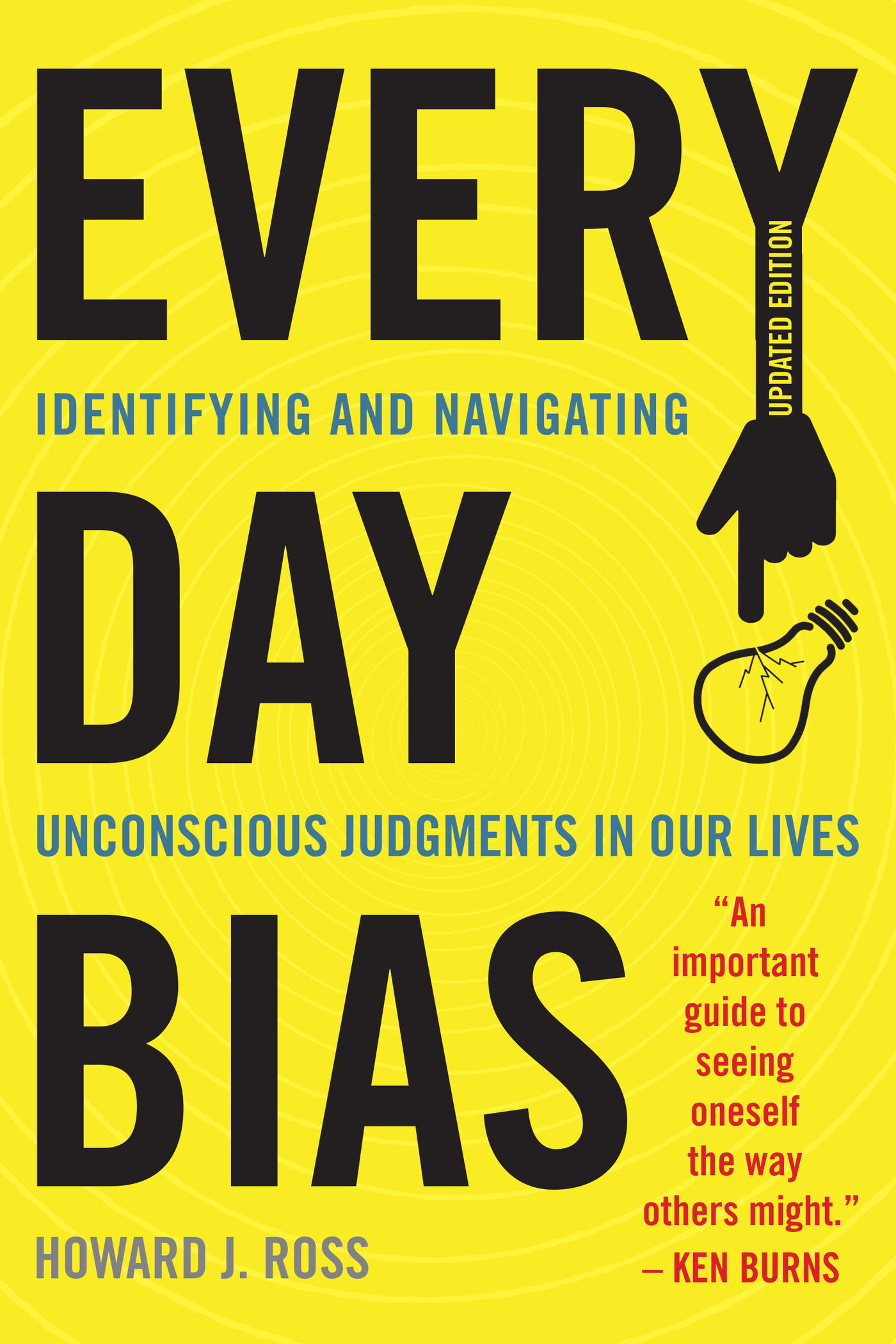Everyday Bias
Everyday Bias
Identifying and Navigating Unconscious Judgments in Our Daily Lives
Updated Edition
Howard J. Ross
ROWMAN & LITTLEFIELD
Lanham Boulder New York London
Published by Rowman & Littlefield
An imprint of The Rowman & Littlefield Publishing Group, Inc.
4501 Forbes Boulevard, Suite 200, Lanham, Maryland 20706
www.rowman.com
6 Tinworth Street, London SE11 5AL
Copyright 2020 by The Rowman & Littlefield Publishing Group, Inc.
All rights reserved. No part of this book may be reproduced in any form or by any electronic or mechanical means, including information storage and retrieval systems, without written permission from the publisher, except by a reviewer who may quote passages in a review.
British Library Cataloguing in Publication Information Available
Library of Congress Cataloging-in-Publication Data
Ross, Howard J.
Everyday Bias : Identifying and navigating unconscious judgments in our daily lives / by Howard J. Ross.
p. cm.
Includes bibliographical references and index.
ISBN 978-1-4422-5865-5 (cloth : alk. paper) -- ISBN 978-1-5381-2530-4 (electronic)
1. Prejudices. I. Title.
BF575.P9R67 2014
303.3'85--dc23
2014011226
 TM The paper used in this publication meets the minimum requirements of American National Standard for Information Sciences Permanence of Paper for Printed Library Materials, ANSI/NISO Z39.48-1992.
TM The paper used in this publication meets the minimum requirements of American National Standard for Information Sciences Permanence of Paper for Printed Library Materials, ANSI/NISO Z39.48-1992.
Acknowledgments
A lot has happened in the world since the first printing of this book in 2014. I have had the opportunity to travel all over the world, meeting people in all walks of life and developing a deep appreciation of how bias impacts the lives of people in Tokyo, Japan; Stockholm, Sweden; Basel, Switzerland; Paris, France; Copenhagen, Denmark; New Delhi, India; London, England; Havana, Cuba; Bahia, Brazil; and San Juan, Puerto Rico, among countless other cities and countries. I have been present to the courage of people who made themselves vulnerable and shared their stories in dozens of states, and delivered workshops, seminars, and webinars to hundreds of thousands of people. Their humanity is a constant inspiration.
Of course, a lot has also happened in the world around us. Michael Brown was shot and killed in Ferguson, Missouri, one month after the book was originally released. His death was followed by dozens of other incidents of bias leading to horrific or fatal results. We have also seen the legalization of same gender marriage, both here in the United States and in other countries around the world; the Black Lives Matter Movement; the 2016 Presidential election; the #MeToo movement; Colin Kaepernicks protest against police violence; the escalation of white supremacists, marching in Charlottesville, and the Presidents reference to them as very fine people; Four congresswomen of color being told to go back where you came from!
We cant comfort ourselves with the notion that there is any less work to do in our efforts to create a more equitable world.
I have never labored in the illusion that we would be able to be successful in our own lifetimes. In fact, this work is like exercise... it is probably something we will always have to do consciously, because people will always find a way to divide ourselves.
When I began my professional career, I never set out to develop any expertise in the specific topics discussed in this book. My interest in social justice and my experience in social action almost inadvertently drew me to becoming a consultant. My fascination with the topic of the unconscious mind evolved over a number of years as I became more and more curious about why it was that I would continually interact with seemingly good people who would, nonetheless, demonstrate irrational behavior that created disparities in the way they treated people and ran organizations. Convincing people to develop an intention to be more equitable was challenging, but in the bigger picture never seemed all that difficult. What I found perplexing was why their behavior didnt change over a sustainable period.
In a way, my life has forced me to grow and evolve. The pain that my family suffered at the hands of Nazi aggression combined with growing up in a barely desegregated Washington, D.C., community contributed to creating a core sense of purpose to address injustice in society. The coincidence of being born when I was and growing up during a time of tremendous social upheaval placed me at the heart of the social change movement. My clumsiness in my early leadership roles forced me to study leadership. Early in my career my ignorance about how to grow a school that I was running led me to learn about organizational and cultural change. My own transition through personal struggles, particularly divorce, led me to learn more about myself and how people experience their world. The exploration of my spiritual life led me to explore the meaning of life. And my observations of my own biases completely confounded me, because I knew that I didnt want to be biasedyet I was, and am!
For my passion for equity and inclusion I am grateful to so many people whom I have learned from and worked with. My experience in diversity and inclusion has been influenced by hundreds of diversity professionals over the years, far too many to name here, and also by the students and staff of Operation Understanding DC, my students at Bennett College for Women, colleagues at the Human Rights Campaign, Leadership Greater Washington, the National Council for Community and Justice, and dozens of other social change organizations that I have had the privilege of working with over the years.
I want to send a special shout out to my sister/mentor/teacher/colleague Dr. Johnnetta Betsch Cole, whose friendship and wisdom has supported me in so many ways.
What I have learned about the brain and the mind has been influenced by so many great minds over time that it is hard to count them all. Some of those whose work has most enlightened me include: Robert F. Allen, Nalini Ambady, Dan Ariely, Ian Ayres, Mahzarin Banaji, Lera Boroditsky, Christopher Chabris, Amy Cuddy, Antonio Damasio, Edward De Bono, Joe Dispenza, Michael Gazzaniga, Anthony Greenwald, Jonathan Haidt, John Jost, Carl Jung, Daniel Kahneman, Ray Kurzweil, Matthew Lieberman, Jonah Lehrer, Konrad Lorenz, Beau Lotto, Arnold Meyersburg, Leonard Mlodinow, Walter Mischel, Michael Norton, Brian Nosek, Scott E. Page, Daniel Pink, Stephen Pinker, V. S. Ramachandran, David Rock, Daniel Simon, Sam Sommers, Claude Steele, Hal Stone, Sidra Stone, Amos Tversky, Shankar Vedantam, Kipling Williams, Tim Wilson, and Philip Zimbardo.
My personal and spiritual growth led me to a fascination with the perennial streams of learning, and I owe an enormous debt to the wisdom of the Bhagavad Gita, the ancient Sufis, particularly the poets Rumi and Hafiz, and the teachings of the Buddha, who somehow seemed to identify patterns of the mind 2,500 years ago that science is just now coming to understand. Ive also had the opportunity to study with a wide range of teachers, including Gerald Jampolsky, Fernando Flores, Buckminster Fuller, Neem Karoli Baba, Werner Erhardt, Howard Thurman, Nancy Neall, Osho, Eckhardt Tolle, Ken Wilber, and Thich Nhat Hahn. And a special thanks goes to my dear colleagues, friends, and soul mates Michael Schiesser and Neelama Eyres.
All of that provided the ingredients, but turning it into a book is another story. I want to especially thank my editor Mary Stanik who not only worked on basic editing, but also strategized the format with me and managed to capture my voice in a way that gave me great confidence and trust, both with this book and with my first. Thanks also to Dan Egol, who did an exceptional job of reading and offered tremendously helpful suggestions as well as research support; Howie Schaffer and Laura Malinowski, who also served as valuable readers and gave helpful feedback; and Jake Ross, who contributed research support. Also thanks to Jon Sisk and the rest of the folks at Rowman & Littlefield who are a pleasure to work with.
Next page
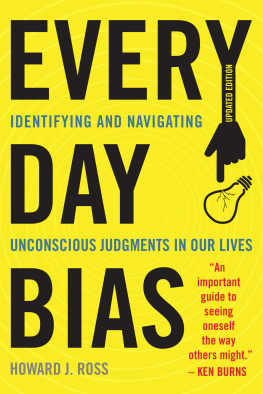
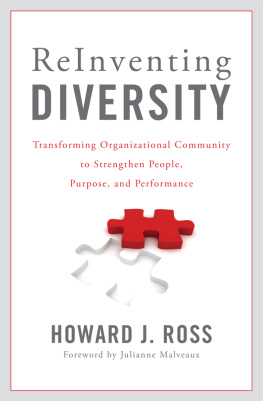

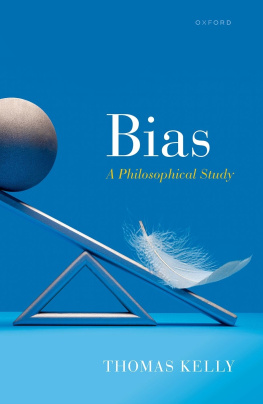
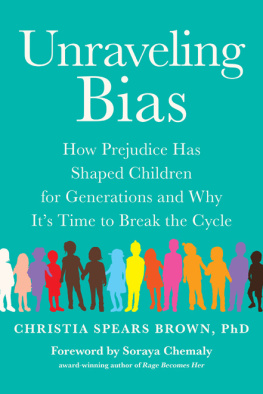
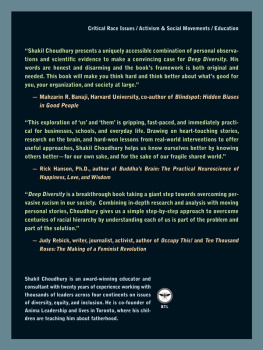
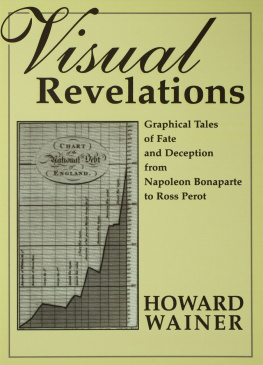
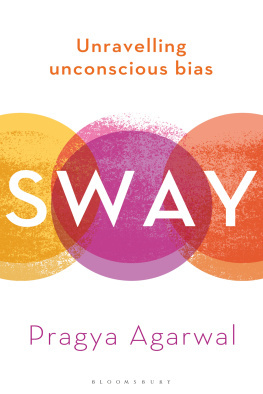
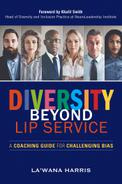
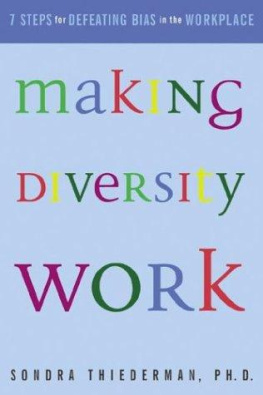
 TM The paper used in this publication meets the minimum requirements of American National Standard for Information Sciences Permanence of Paper for Printed Library Materials, ANSI/NISO Z39.48-1992.
TM The paper used in this publication meets the minimum requirements of American National Standard for Information Sciences Permanence of Paper for Printed Library Materials, ANSI/NISO Z39.48-1992.